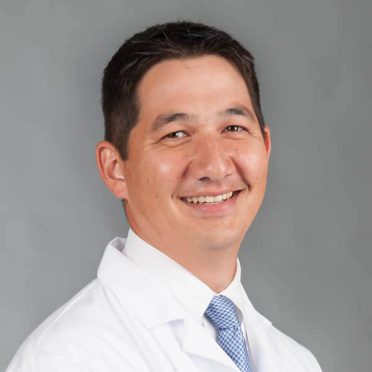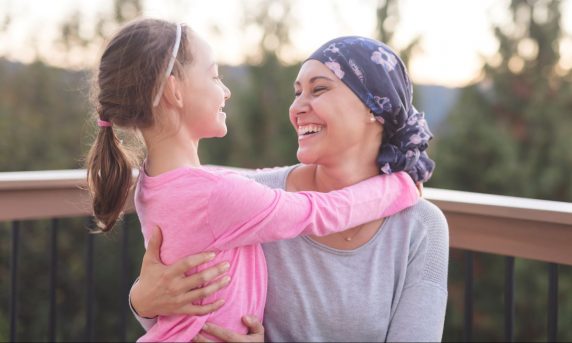It might not be a topic you want to think about, but it’s an important one: Can oral sex increase your risk of throat cancer?
The short answer is yes — but there’s more to the story. Understanding the link, knowing the risk factors, and taking preventive steps can help protect your health.
We asked an expert to explain what you need to know and how to lower your risk. Here’s what he had to say.
But first – what’s the connection?
It all starts with HPV.
“The Human Papilloma Virus (HPV) is a common STD, resulting from either skin-to-skin or oral contact. It’s extremely common, with nearly 80% of people contracting HPV at some point in their lifetime,” says Clinton Kuwada, MD, co-director of the Head and Neck Cancer Program at the Hartford HealthCare Cancer Institute.
But there are many different types of HPV – and a few can cause throat cancer.
“Currently, HPV is the leading cause of throat cancer. And despite smoking related throat cancers declining, throat cancer in general is still on the rise because of the prevalence of HPV.”
Men are at particularly high risk, with HPV-related throat cancer being four times more common in men than in women.
Other risk factors for throat cancer include:
- Performing oral sex.
- Having multiple sexual partners.
- Becoming sexually active at a young age.
- Drinking alcohol.
- Smoking.
> Related: How HPV Caused Martina Navratilova’s Throat Cancer
Throat cancer can be difficult to diagnose early.
First, the good news: HPV related throat cancer is extremely treatable.
“With a five-year cure rate above 90%, this is one of the more treatable cancers,” says Dr. Kuwada.
But the bad news is that it can be hard to catch early.
“Unfortunately, detection can be tricky,” he adds. “Throat cancer is often caught in later stages, because it doesn’t always cause symptoms early on. The most common sign is a painless lump in the neck, which indicates an enlarged lymph node due to metastatic cancer.”
Other symptoms to look out for include:
- Persistent throat pain
- Difficulty swallowing
- Ear pain that won’t go away
“If you notice any of these symptoms, it’s time to see a doctor,” Kuwada urges.
The HPV vaccine is the best way to protect yourself.
More good news: there are plenty of ways to reduce your risk of HPV related cancers. For anyone between ages 9 and 26, the HPV vaccine is the place to start.
“The HPV vaccine can be started at 9, and is recommended for both boys and girls through age 26. Adults over 26 might want to get the vaccine if they never had it, especially if they are engaging in ‘risky’ behavior,” says Dr. Kuwada.
But because the vaccine is only effective prior to exposure, it’s important to get it at a young age.
“Beyond that, the best way to protect yourself is to limit your number of sexual partners, and practice safe sex,” Dr. Kuwada adds. “When it comes to throat cancer, awareness and proactive care can make all the difference.”



